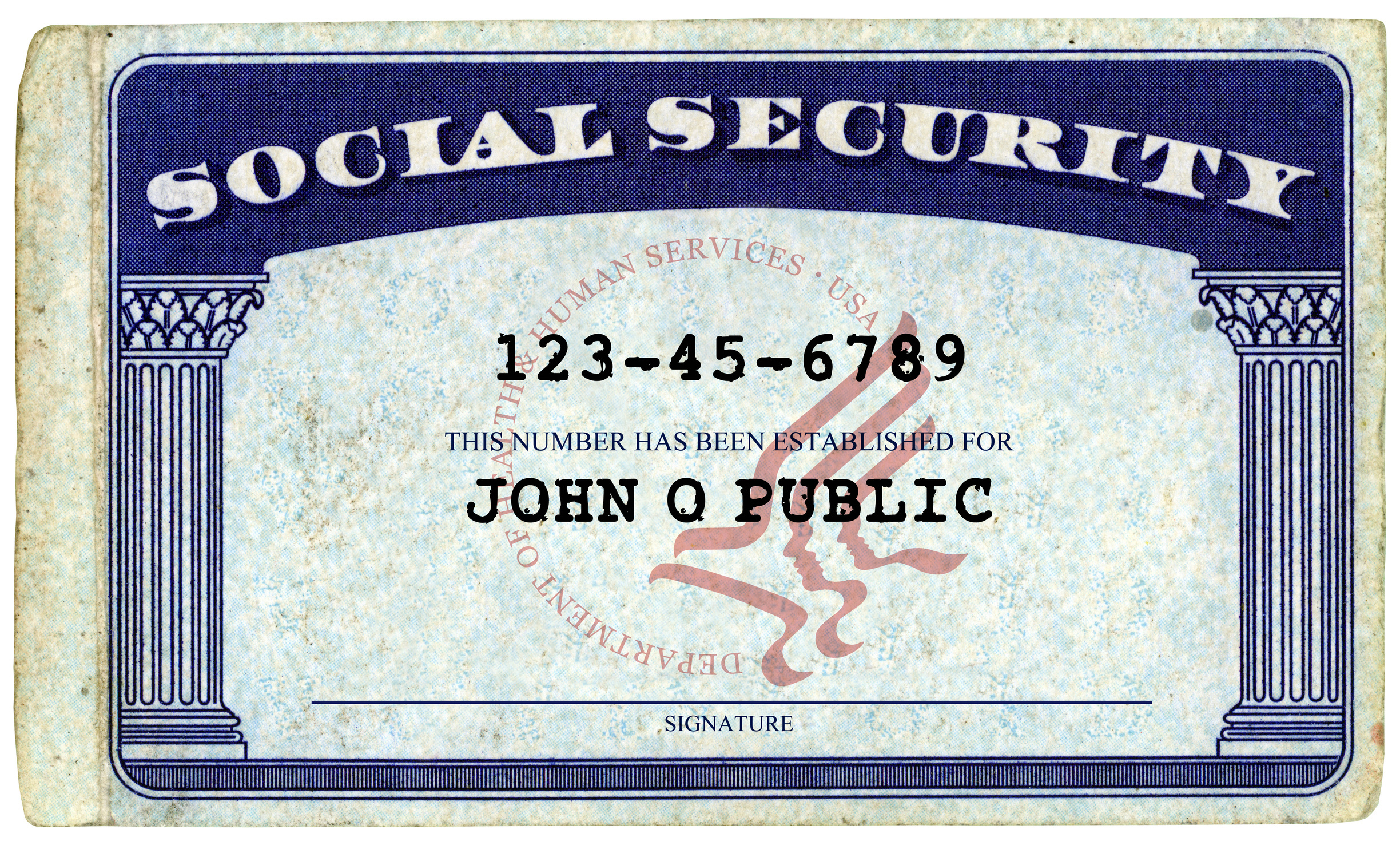Payroll
4 Ways Marriage, Divorce and Do-Overs Can Increase Social Security Checks
In a world of IRAs, bonds, annuities and investment property, one retirement benefit often gets overlooked, or not discussed at all, by some financial advisers: Social Security.
May. 17, 2017

In a world of IRAs, bonds, annuities and investment property, one retirement benefit often gets overlooked, or not discussed at all, by some financial advisers: Social Security.
“In retirement, you need to create as much fixed, guaranteed income as you can,” says Tony Perrone, president and founder of the Estate Planning Group and author of I Didn’t Know I Could Do That: 9 Financial Strategies That Can Save or Make You Money (www.DropHelp.com). “Social Security is just as valuable as any of your other assets.”
Americans can draw their Social Security as early as 62, for reduced benefits, or as late as 70, for enhanced benefits. When benefits are elected, a retiree makes a permanent choice, meaning benefits are reduced over the course of a lifetime, not just until full retirement age. The social Security break-even age is 77, or 15 years after the first retiree elected to receive benefits.
Perrone says those who are contemplating when to take their Social Security benefits shouldn’t automatically take the largest check they are eligible for and assume they are making the right decision.
“None of us has crystal balls,” Perrone says. “But if you think there’s a good chance you might live longer than average, or if you’re just an optimist, you might want to think about going for the maximum monthly payment. Once it starts, it’s locked in for life.”
Perrone provides some additional tips and strategies for getting the most out of your Social Security benefits:
- Don’t forget the widow’s benefit. If you are a widowed woman and don’t get remarried, you can file for Social Security at the age of 60. This is known as the widow’s benefit. The rule applies to men as well. If your wife earned more than you, you are entitled to widower’s benefits. When a widow or widower, or a surviving ex-spouse, waits until age 60 or later to re marry, they preserve the right to collect Social Security benefits on their deceased spouse’s earnings record.
- Divorce can have fringe benefits. Women who were divorced after being married for at least 10 years are eligible for a portion of their ex-husband’s benefits if she is unmarried at the time they become eligible for benefits. That claim does not reduce the ex-husband’s benefits or those of his new spouse if he re-marries.
- Marriage can be a strategic tool. When a spouse dies, the remaining spouse gets the larger of the two Social Security checks. If the surviving spouse gets remarried, he or she is then subject to that law with the new spouse. In other words, if a widow gets re-married, and her second husband dies, she is eligible for the benefits of her second husband if he made more money than her.
- You get a do-over. If you decide to take your Social Security benefits, then realize you made a mistake, the Social Security Administration will allow you to repay the money you took within 12 months and wipe the slate clean as if it never happened.
“Follow your own instincts when it comes to when and how to take your Social Security benefits,” Perrone says. “This is an important part of your overall retirement strategy.”
